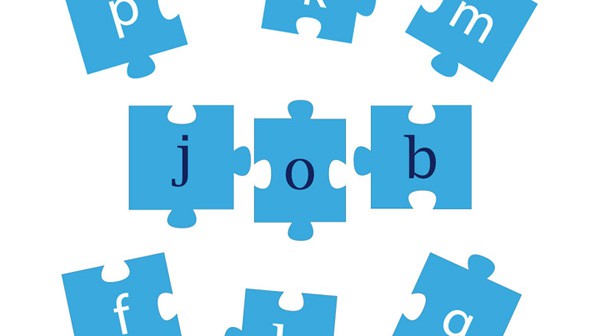
Samantha Pearce is the owner of Words Worth Reading an online editorial service for Job Seekers, Students, Writers and Businesses.
Words Worth Reading offer individually-tailored, comprehensive resume and application form writing and editing services.
She explains why, when it comes to resumes, job seekers should choose their words carefully.
When most people start thinking about pulling together a resume, they usually concentrate on the content of the resume – what they are going to say, and what they are going to highlight as being important – but they very rarely think about how they are going to say it.
When it comes to resume writing; structure, layout and content are all important factors to consider. But it is the words, phrases and terminology that highlight how well you can communicate, and this has a huge influence on recruiters.
In writing a resume or an application form, your basic aim is to make you – the applicant – stand out from the crowd. This means using words that highlight your strengths and diminish your weaknesses.
It is important to remember that your resume is your primary marketing tool. You use it to sell yourself to potential employers. Therefore, not only should the words you use pull out your strengths, they should also “sell” you and your abilities to the reader.
The language
Take a look at the list of words below. They are colour coded; highlighting three different types of words you should be aware of when writing a resume or application form:
Overcame Dismissed Enthusiastically
Contributed Unsuccessfully Quickly
Won Tried Consistently
Instigated Conflicted Effectively
Reorganised Failed Decisively
Developed Relied Assertively
Accomplished Avoided Positively
Demonstrated Abandoned Resourcefully
Delivered Attempted Creatively
Persuaded Withdrew Capably
Established Lost Efficiently
Led Argued Successfully
The words written in green represent examples of “good” selling words and words that help to highlight your strengths, when used to describe a skill that you hold or a task that you have achieved.
The words written in blue represent examples of “extra boosting” selling words. These words serve to really emphasise a skill or achievement.
The words written in red have negative connotations and should be avoided. They tend to highlight your weaknesses, which is exactly what you don’t want to be doing in your resume or application form.
When it comes to writing the content for your resume or application form, you want to avoid using any of the words (or similar) in red, and base your sentences on the words in green (or similar). Then, add a sprinkling of blue words to highlight a particularly strong skill or achievement.
All good things…
…come in moderation!
Whilst the content of your resume should be tailored to include green and blue words, there is such a thing as over doing it!
Don’t use so many adjectives that your resume or application form becomes unbelievable. Remember, you are selling yourself and highlighting your strengths, but don’t over-emphasis to the point that your resume sounds nonsensical. No-one is perfect, or responsible for the achievement of everything in life – and you’re resume must not state that you are!
Clichés are another aspect of language that you should avoid using in your resume or application form. Unfortunately there are so many clichés used nowadays that it can be difficult to know if a particular word or phrase is classified as a cliché or not.
Some commonly used examples would be:
“Practically speaking…”
“It’s not rocket science!”
“Added Value”
“Rightsizing”
“Total economy”
Technical Language
Most jobs nowadays have some abbreviations or technical jargons that are associated with them. When it comes to applying for a job and completing an application form or resume to help secure that job, it can be difficult to know whether or not you should use this technical jargon yourself.
On the one hand it may demonstrate to the employer that you understand the company well enough to be comfortable with their terminology.
On the other, an over-use of technical language can be perceived as a little pretentious, and too much or too technical jargon could result in you confusing the person reading your resume or application form.
The clue is usually in the job advert or job description. If the employer has used simplistic language to describe technical elements of the role, then it is generally better to follow their lead and stick to simplified language in your resume or application form.
If however the employer has used abbreviations or referred to technical terminology, then you should still in the main stick with simplistic language, but use technical language to highlight a specific point if appropriate.
A good resume or application form is well thought out, well structured and well written. An excellent resume or application form is all of the above, with the addition of well thought out language usage, which sells your strengths and achievements to the reader, in a realistic, appropriate way.
Samantha Pearce is the owner of Words Worth Reading – an editorial service for Job Seekers, Students, Writers and Businesses.
Words Worth Reading offer individually-tailored, comprehensive resume and application form writing and editing services at fantastic prices, with quick turnaround times.
10% of all submission fees are donated to Oxfam.
For more information go to www.wordsworthreading.co.uk
Contact the team on sam@wordsworthreading.co.uk
Call them on + 44 1277 824 640.
Samantha Pearce is CaribbeanJobs.com’s resume expert. If you have a question for her please click here.
Samantha Pearce
